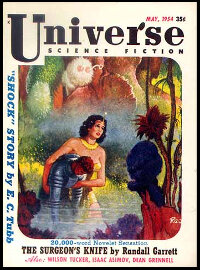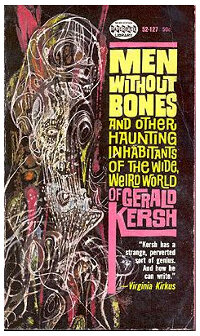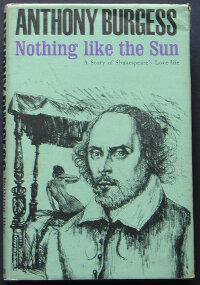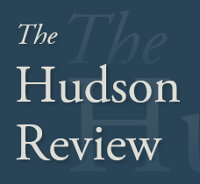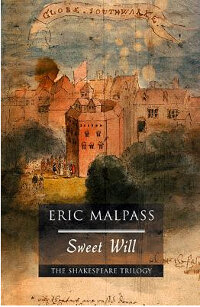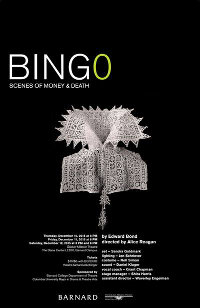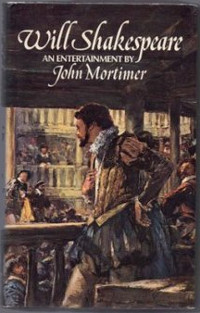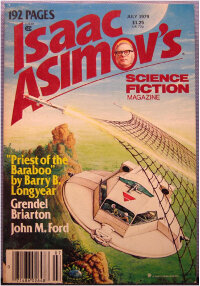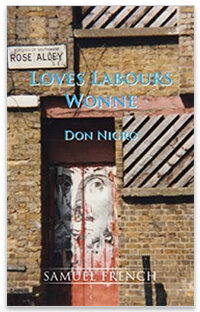Isaac Asimov
First published in Universe Science Fiction, 5 (May 1954). Republished in several collections and anthologies, including Earth Is Room Enough (1957) and The Best Science Fiction of Isaac Asimov (1986)
What would the Bard make of the Shakespeare industry that his work has engendered? Does the universality of thinking, exhibited in his plays, mean that Shakespeare could operate as successfully in any age? Would he understand what academics write about his work? These are the kind of questions that are raised in Asimov’s clever science fiction short story, which involves raising Shakespeare and other notables from the dead and time travel. Based on Asimov’s own experience of the academic response to his work, Asimov’s opinion is concentrated in the humorous punch line to the story. –VL
